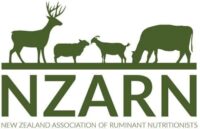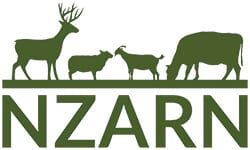Search results...
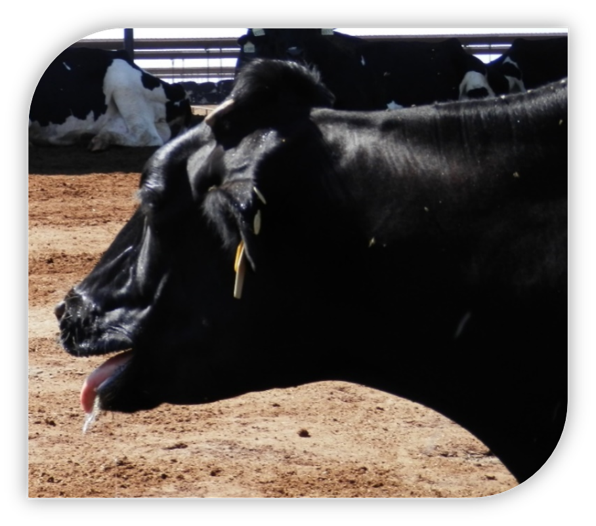
Understanding and mitigating heat stress in NZ dairy cows – Kirsty Verhoek
Kirsty gave an overview of heat stress, measuring and mitigating heat stress and the new research in heat stress within NZ. In the summer of 2023 Dairy NZ carried out a trial reviewing heat stress, and while this was one of the wettest summer in over a decade, there was significant data including high wind
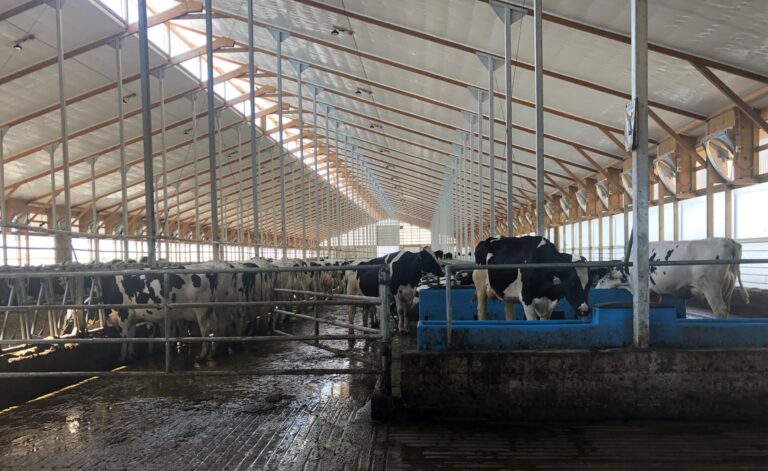
Farm systems and driving revenue – Pip Gale
Pip starts the session by outlining some key factors that we need to reach broad agreement about with regard to dairy productivity and profitability. “Can we agree that”…. 1) The three bottom lines of animal welfare, environmental and economic sustainability are created by the management of biological production systems. 2) Cutting all costs contravenes point

Transition Feeding – Sue Macky
Sue Macky discussed the challenges she has come across and highlights areas to focus on during transition feeding in an interactive session. She bounces from nutritional aspects to animal behaviour and cow comfort, to the animal health challenges. Sharing the key components, she looks at and emphasises the importance of going back to basics and
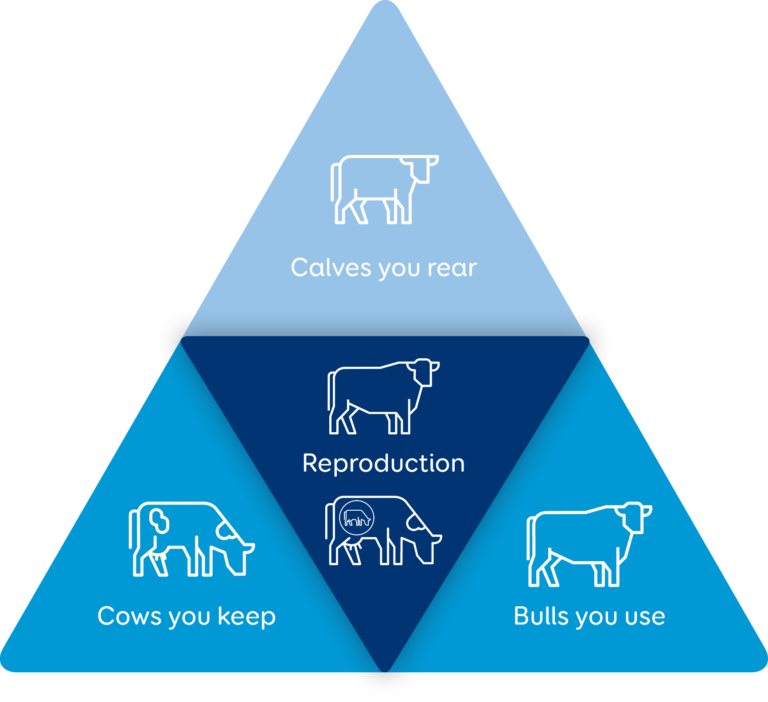
Using Minda data to diagnose opportunities for reproductive improvement – Jair Mandriaza
Jair showcased the latest in the LIC statistics for the 2023/24 season. These results where compared against previous years with discussions looking at the use of wearable and none wearable herds. The data set outlined the national ranking, with cows split out into top quartile, 2nd 3rd and bottom, reviewing 6week in calf rates, 3
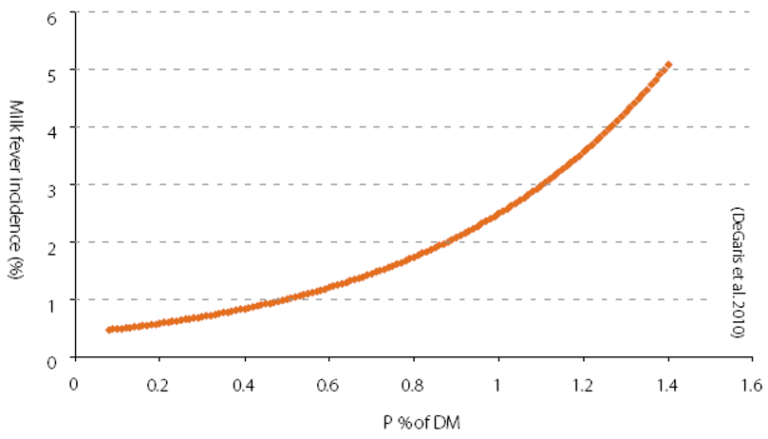
Transition cow diets and phosphorus – Pip Gale
Pip scene set this presentation by proposing that we are hit with “data overload/decision paralysis” around what to do with options facing us regarding transition cow management programmes. “Winning” with regard to good outcomes from excellent transition management means limiting the of incidence of metabolic disease to <1%, supporting optimum DMI through understanding the “HOT”
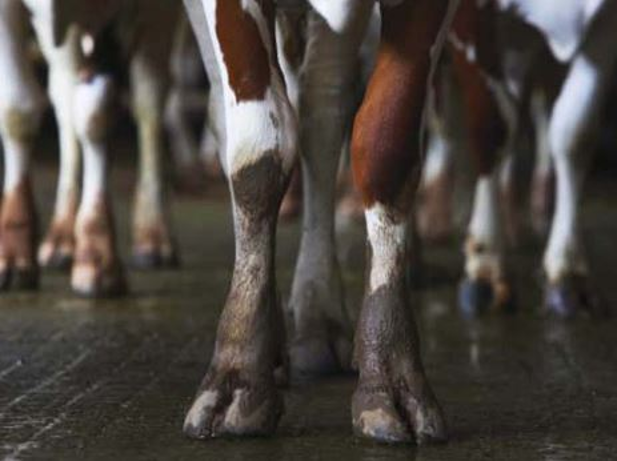
The Dairy NZ lameness calculator – Katie Saunders
Katie Saunders, previously worked with Dairy NZ, shared an overview of how the lameness calculator functions. The cost of lameness is beyond the inital drop in milk production. Katie shares how lameness the short term pain relief NZARN members a copy of the presentation is available below if you are logged in. Non-members looking for
